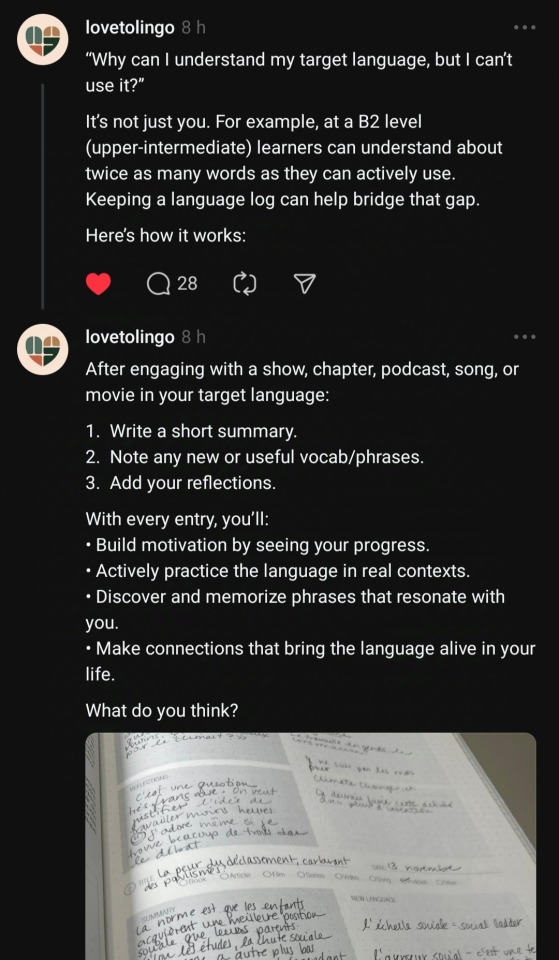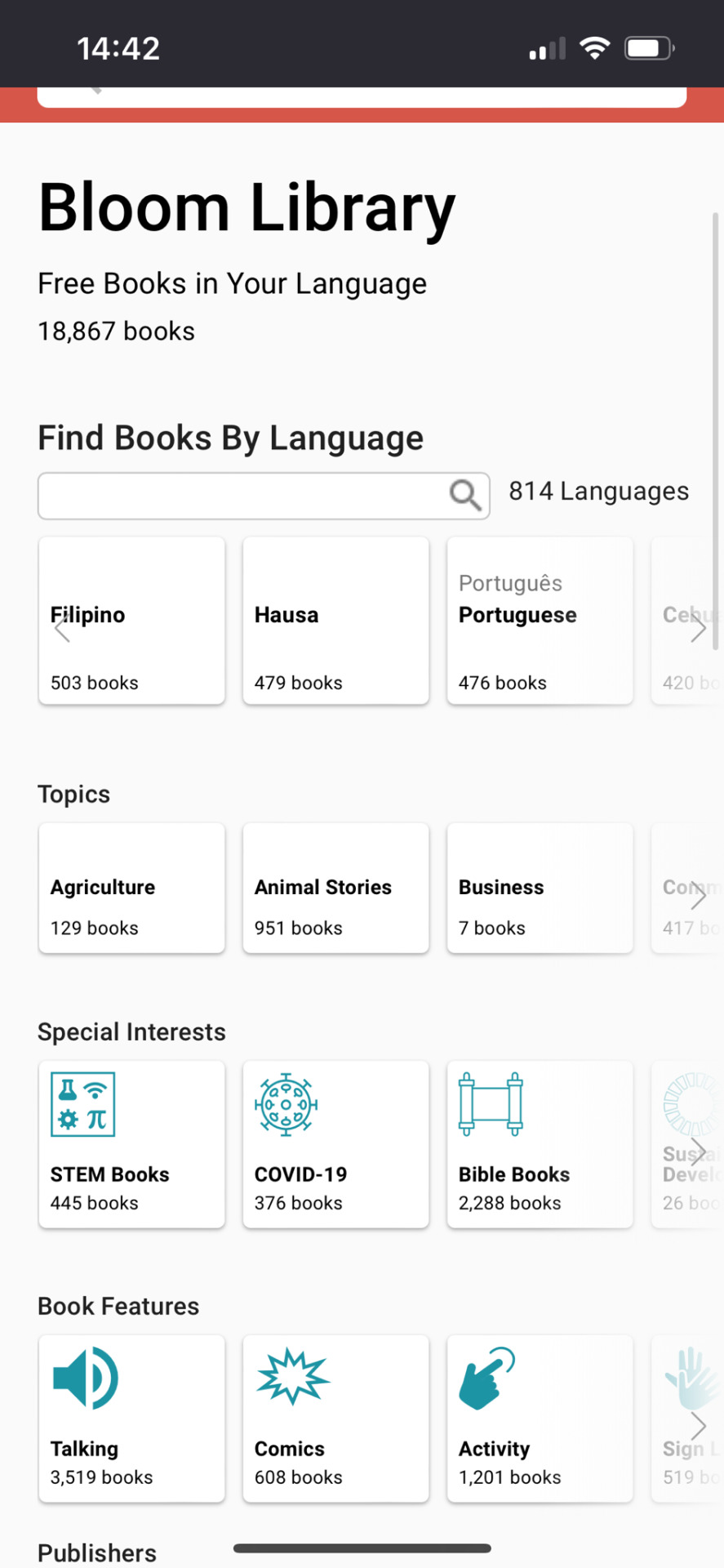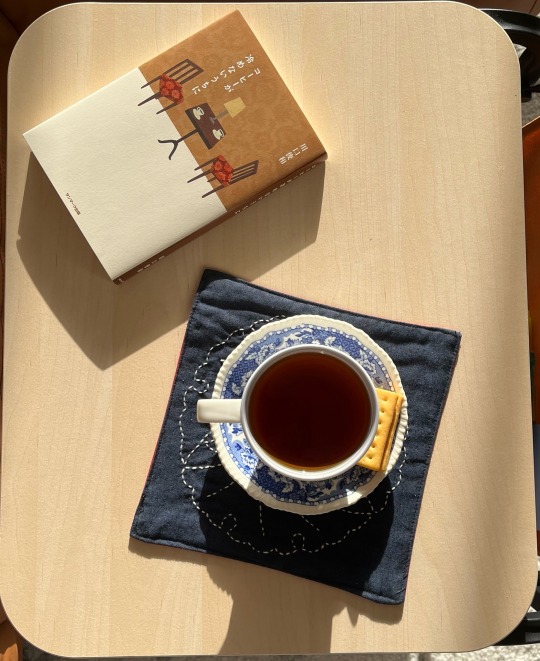#Language learning
Explore tagged Tumblr posts
Text

I very much agree with these suggestions. Forcing myself to write was the way I could finally start to become an active rather than a passive user of the target language.
2K notes
·
View notes
Text
Chahta word of the day #64
Rat-Pihchahli
@chahtawordoftheday hopes you had a happy Neil banging out the tunes day!
Here’s a pronunciation guide:

I wish you all a happy Neil banging out the tunes day
#choctaw#indigenous#native american#language learning#langblr#language#chahtawordoftheday#day sixty four#neil banging out the tunes#april 13
5K notes
·
View notes
Text
my friend and i were going to study a language together and wound up having to cancel our plans due to scheduling pressures, but! through research we came across a really cool resource for reading in a TON of languages: bloom library!

as you can see, it has a lot of books for languages that are usually a bit harder to find materials for—we were going to use it for kyrgyz, for example, which has over 1000 books, which was really hard to find textbook materials for otherwise. as you can see it also has books with audio options, which would be really useful for pronunciation checking. as far as i can tell, everything on the site is free as well.
7K notes
·
View notes
Text
"queer people are making the kids trans" the only thing I'm making trans is German words because what the fuck am I even supposed to do with the articles bro
29 notes
·
View notes
Text

amazing. no notes. thank you wikipedia
467 notes
·
View notes
Text

I’m playing this game in Spanish called Cat Quest, which is fun because it’s constant cat puns. PURRFAVOR is going to enter my vocabulary whether I like it or not
#I’m not beating the catboy allegations with this one#cat quest#Spanish#Quinn posts#language learning#learning Spanish#cat quest game
29 notes
·
View notes
Text

Been a little worried about my japanese ability recently because I haven’t been doing much input (for me this is usually youtube but sometimes manga or real tv). But I just started reading a japanese novel for the first time (before the coffee gets cold) and although I do have to stop to look up words pretty frequently, vocab seems to be my only lack! I’m perfectly understanding the story so far and I don’t think I’m reading that slowly either. This is very exciting! I’m so keen to read more real books in japanese!
19 notes
·
View notes
Text


04.11.2025 — You’re telling me there are different conjugation rules for quoting adjective phrases, verbs in the present tense, past tense statements, future tense statements, nouns, and suggestions? And most of these have individual irregular rules? ㅎ ㅎ ㅎ 그냥 다야? 어 그래? 알겠어. 멀리서 비명소리가 들리면, 그건 나야. 🤡
#college student#studyblr#studying#korean language#language student#language study#studying at home#student#online student#korean#language learning#learning korean#student life#study blog#studying inspo#study motivation#studying korean#한국어 공부#한국어#한국어 학생#학생
13 notes
·
View notes
Text
Duolingo Sucks, Now What?: A Guide
Now that the quality of Duolingo has fallen (even more) due to AI and people are more willing to make the jump here are just some alternative apps and what languages they have:
"I just want an identical experience to DL"
Busuu (Languages: Spanish, Japanese, French, English, German, Dutch, Italian, Portuguese, Chinese, Polish, Turkish, Russian, Arabic, Korean)
"I want a good audio-based app"
Language Transfer (Languages: French, Swahili, Italian, Greek, German, Turkish, Arabic, Spanish, English for Spanish Speakers)
"I want a good audio-based app and money's no object"
Pimsleur (Literally so many languages)
Glossika (Also a lot of languages, but minority languages are free)
*anecdote: I borrowed my brother's Japanese Pimsleur CD as a kid and I still remember how to say the weather is nice over a decade later. You can find the CDs at libraries and "other" places I'm sure.
"I have a pretty neat library card"
Mango (Languages: So many and the endangered/Indigenous courses are free even if you don't have a library that has a partnership with Mango)
Transparent Language: (Languages: THE MOST! Also the one that has the widest variety of African languages! Perhaps the most diverse in ESL and learning a foreign language not in English)
"I want SRS flashcards and have an android"
AnkiDroid: (Theoretically all languages, pre-made decks can be found easily)
"I want SRS flashcards and I have an iphone"
AnkiApp: It's almost as good as AnkiDroid and free compared to the official Anki app for iphone
"I don't mind ads and just want to learn Korean"
lingory
"I want an app made for Mandarin that's BETTER than DL and has multiple languages to learn Mandarin in"
ChineseSkill (You can use their older version of the course for free)
"I don't like any of these apps you mentioned already, give me one more"
Bunpo: (Languages: Japanese, Spanish, French, German, Korean, and Mandarin)
#EDIT: Added a great resource for ESL and African languages that weren't found elsewhere#I do NOT recommend memrise and will talk about it another day but#langblr#duolingo#duo#language learning#language learning apps#mandarinblr#resource#reference
78K notes
·
View notes
Text
How many languages do you know at least little bit of?
Remake of an older poll (link here)
Like last time I am using a strict definition of language and a loose definition of being able to speak/knowing the language.
Details:
Sign languages count, conlangs count, super similar languages only counts one & dialects of the same language usually won't count (unless you can make multiple sentences in both that someone who only spoke the other couldn't understand), for Norwegian being able to write both bokmål & nynorsk only counts as one
You need to know more than 30 words and be able to construct at least one sentence for it to count. it has to be at least one of the following: writing/signing/speaking/whistling, it doesn't have to be multiple.
(and for people with "sampling bias" concerns, this is not supposed to represent society as a whole)
Poll:
It's super cool if you put the languages in tags
@aromantisk-fagforening
#ink.post#polls#my polls#language#langblr#language learning#100#how many languages poll#250#500#700#100 votes#250 votes#500 votes#1 k votes#2 k votes#900#1 k#2 k#5 k votes#3 k#10 k votes#4 k
6K notes
·
View notes
Text
In my L1-acquisition class two weeks ago, our professor talked about how only 9% of the speech a baby hears is single words. Everything else is phrases and sentences, onslaughts of words and meaning!
Thus, a baby not only has to learn words and their meanings but also learn to segment lots of sounds INTO words. Doyouwantalittlemoresoupyesyoudoyoucutie. Damn.
When she talked about HOW babies learn to segment words our professor said, and I love it, "babies are little statisticians" because when listening to all the sounds, they start understanding what sound is likely to come after another vs which is not.
After discussing lots of experiments done with babies, our professor added something that I already knew somewhere in my brain but didn't know I know: All this knowledge is helpful when learning an L2 as well:
Listen to natives speaking their language. Original speed. Whatever speaker. Whatever topic.
It is NOT about understanding meaning. It is about learning the rhythm of the language, getting a feeling for its sound, the combination of sounds, the melody and the pronunciation.
Just how babies have to learn to identify single words within waves of sounds, so do adults learning a language. It will help immensely with later (more intentional) listening because you're already used to the sound, can already get into the groove of the languge.
Be as brave as a baby.
You don't even have to pay special attention. Just bathe in the sound of your target language. You'll soak it up without even noticing.
#this is not “learn a language while you sleep”#but it is similarly easy#german#langblr#deutsch#learning german#language learning#deutsch lernen#german language#german learning#german vocabulary#language
10K notes
·
View notes
Text
learning another language is always beautiful, no matter how long it takes. like, what do you mean you are crying because you had to read a sentence twice to get it, when at the beginning you had to do it five times? kicking yourself because you had to listen to an audio at .75x to understand it fully, when two months ago you could barely understand one or two words, even at your second try? getting mad because you had to research how to spell a word, when a few days back you didn't even know how to pronounce it? hell, that's amazing. keep going. you'll get there.
2K notes
·
View notes
Text

#language learning#langblr#surely one more will fix me#anyway. got left alone with my thoughts this evening after being prompted to think about identity#and. oughhhhhhhhhhhhhh#I was born grieving
3K notes
·
View notes
Text


coffee + ancient greek ˖˚⊹ ꣑ৎ (or pics from study sessions that i never posted)
#studyblr#study blog#studying#studyinspo#studyspo#ancient greek#study motivation#uni studyblr#dark academia#study aesthetic#study inspiration#study inspo#study movitation#uniblr#langblr#ancient greek language#language blr#language learning#language study#student life#uni life#uni student#university student
2K notes
·
View notes
Text
This is true.
I also want to add that even if you are passionate about a language, there will be hard bits. There will be words or sounds you struggle to pronounce. There will be concepts you can’t get your head around. It will take years, and I mean years until you reach fluency. There will be times when you really hate the language, where you hate yourself for committing to it.
But there will be good bits. There will be frequent moments where you have breakthroughs. Small ones, a phrase, here or there, a concept, sometimes in the middle of the night when all you want to be doing is sleeping, that sound you struggled with, you’ll get, randomly, one day, in the middle of doing something completely unrelated.
But the harder it is, the more rewarding it is at the end of it, and the more time you spend on it each day, the quicker the process will be. And you will get better.
Stay focused. Keep going. It may take years, it may take decades, but you will get there one day and it will have been worth it.
People always ask me how I learn languages! Well, I sit down and study. Sometimes I stand up and study. And no, there are no shortcuts. You actually have to engage with a language for hours to learn it. Even people who learn how to speak languages by speaking have to go up to other people and talk at length. Also, knowing how to speak 20 phrases you've memorized is not speaking a language. That's what people selling phrasebooks and premium study plans on youtube wants you to believe. Sorry. It actually takes years for you to become good at a target language. You'll just have to find a way to make those years bearable. Sorry again.
2K notes
·
View notes